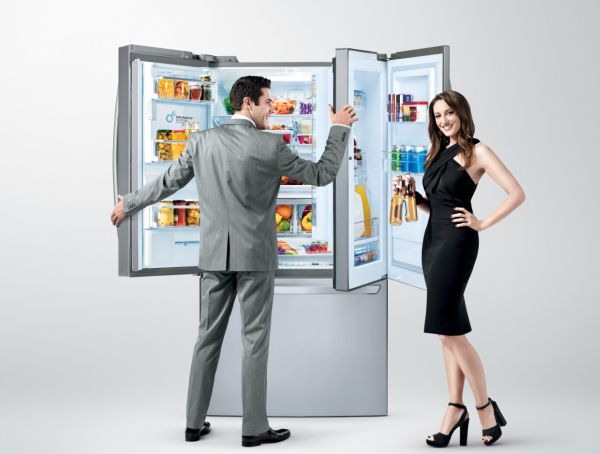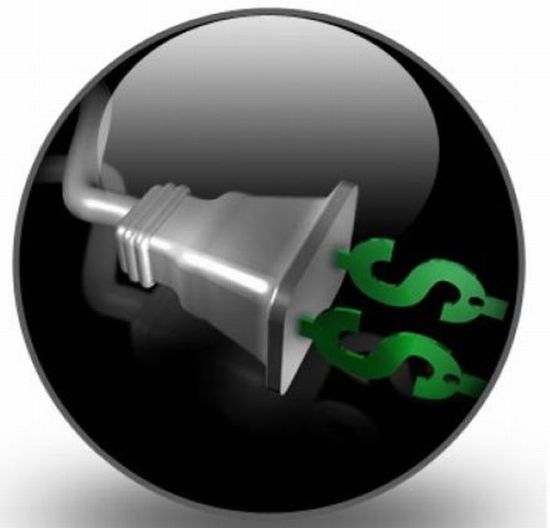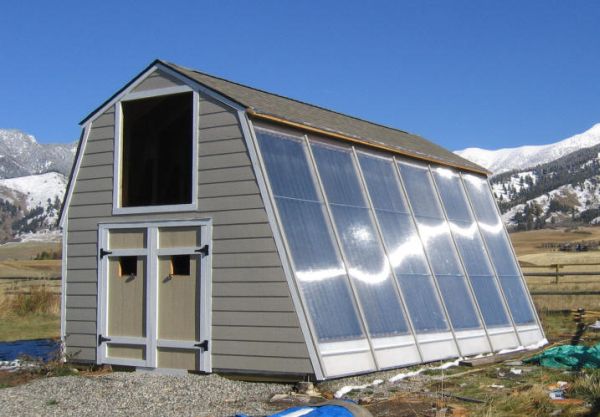If you have a refrigerator at home, then you would probably know it is one of those most power hungry appliances. Surprisingly, some of that electricity would not be consumed because your refrigerator runs 24/7, but because of certain factors that can make the refrigerator less efficient. If you are using a 10 year old (or older) refrigerator, then these factors will sure blow up your electricity bill by at least another $50 or more.
So what exactly can you do to reduce the amount of energy your refrigerator consumes on a daily basis? Simple! We have listed down some simple energy efficient tips that can help your refrigerator operate more efficiently, and consume less power in the process.
The Location Matters
Keeping the refrigerator in a place filled with sunlight for the most part of the day would make it warm, and make the compressor work harder to cool it, thereby consuming more power and energy. The same happens when you place the refrigerator near an appliance like a dishwasher or stove that heats up the surroundings.
So move your refrigerator to a cooler location, preferably one that does not get too much sunlight during the daytime. Try to place it away from other appliances so that the air around the refrigerator circulates freely.
The Storage Matters
What you keep in your fridge contribute to its energy consumption. Stocking up your fridge would leave little space and air to be cooled, thereby increasing your refrigerator’s energy efficiency. But don’t overstock as this could affect the air circulation inside.
Uncovered foods and liquids would actually increase the moisture content inside the refrigerator, and force the compressor into working harder to cool the interiors. So make sure you cover foods before placing them into the refrigerator.
The Maintenance Matters
Even your refrigerator needs cleaning from time to time. With time, the condenser coils get covered with dirt and dust, thereby creating a cloak that inhibits the proper release of heat from the coils into the air. This can lead to internal heating which in turn would force the compressor to work overtime to provide adequate cooling.
Therefore, make it a point to clean the condenser coils once in two months or so. The coils would usually be present right behind the front grill or in the back. Switch off the refrigerator, let it cool down and dust/vacuum the coils.
The Defrost Matters
If you have an automatic defrost unit in the refrigerator, you would not need to worry about frost buildup that could force the compressor to consume more energy in order to maintain efficiency. But if you have a manual defrost unit, make it a point to switch it on regularly (at least once a week) to prevent frost buildup and maintain efficiency.
The Right Temperature Matters
An optimum temperature for the refrigerator would be between 37 and 40 degrees Fahrenheit while the freezer should have an optimum temperature of less than 5 degrees Fahrenheit (even 0 degrees) for standalone freezer units. Anything above or below this temperature would decrease the refrigerator’s efficiency and increase energy consumption. So make sure you set the correct temperatures for the fridge and freezer, making regular checks in between to make sure they don’t change.




